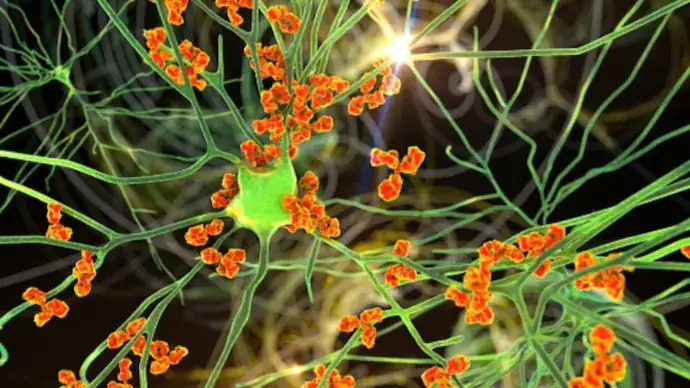Maharashtra Guillain-Barré Cases Hit 127
The state of Maharashtra is grappling with an alarming rise in cases of Guillain-Barré Syndrome (GBS), with the latest reports indicating a surge to 127 cases. Tragically, the latest fatality linked to this rare but severe condition has been confirmed in Pune. A 56-year-old woman, Mangala Umaji Chavan, succumbed to GBS at Sassoon General Hospital on January 28, marking the second death associated with the outbreak since it began earlier in January.
Chavan, a resident of Nandoshi on Sinhagad Road, first experienced symptoms including weakness and paralysis on January 15. Initially treated at a private hospital, her condition rapidly deteriorated, leading to her transfer to Sassoon Hospital on January 17. Despite intensive care, she passed away due to respiratory arrest and progressive paralysis. The Health Department confirmed her death, stating that she was one of 20 patients currently on ventilator support across the state. This reflects the severe impact of the syndrome, especially in cases where respiratory function is compromised.
The GBS outbreak is concentrated predominantly in the Pune region, with the highest number of cases reported from the Pune Municipal Corporation (PMC) area, which has seen 23 confirmed cases. The recently merged villages into PMC contribute another 73 cases, along with 13 from Pimpri-Chinchwad, and others from Pune rural and districts beyond. The Health Department has officially diagnosed 72 of the patients as having GBS, and investigations continue to determine the exact causes of the outbreak. A total of 121 stool samples were sent to the National Institute of Virology (NIV), which identified the presence of norovirus in 21 of the samples and Campylobacter jejuni bacteria in five others. One cerebrospinal fluid sample also tested positive for Epstein-Barr virus.
Amidst the mounting concerns over the rise in cases, the Central Government has intervened by forming a high-level committee aimed at understanding the cause and impact of this outbreak. The committee’s role will be pivotal in formulating strategies to control the spread and improve treatment protocols across Maharashtra. The state Health Department has been working diligently to track and manage the situation, and experts have advised the public to stay vigilant for any symptoms of GBS, which include sudden weakness and tingling in the limbs.
In terms of sustainability, this outbreak poses significant challenges not only for healthcare infrastructure but also for urban planning and public health systems. The strain on hospitals, particularly in urban areas like Pune, underscores the need for more resilient and prepared healthcare networks. Adequate preparedness can mitigate the public health impact of such outbreaks and safeguard vulnerable populations. Furthermore, the investigation into environmental and epidemiological factors related to GBS is vital for long-term disease control. Sustainable urban health strategies must consider the complexity of such diseases, improving both prevention and rapid response systems for a healthier future.


